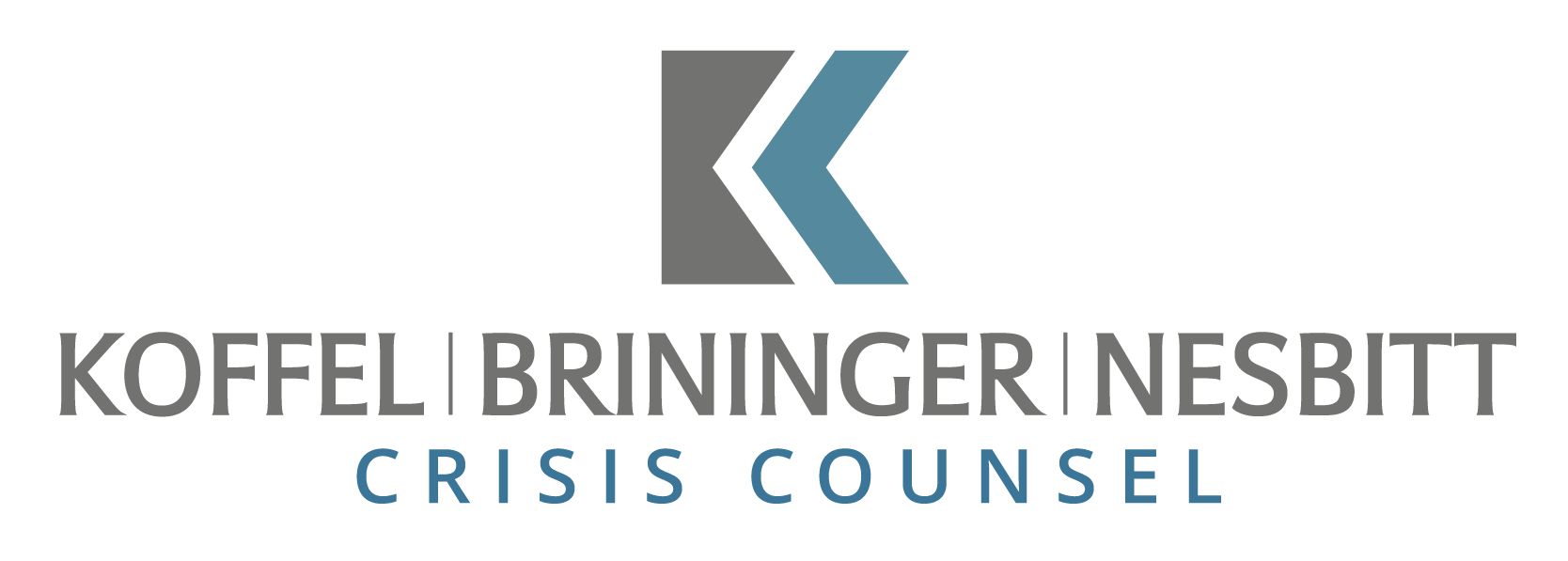Apple announced at its annual developer conference that its next operating
system, iOS 12, will include a new feature it’s calling USB Restricted
Mode, which will reportedly prevent law enforcement from unlocking phones
with tools previously used to gain access to locked phones.
According to Reuters, Apple made these changes in part to protect users in countries where
criminals and police can easily seize phones.
“We’re constantly strengthening the security protections in
every Apple product to help customers defend against hackers, identity
thieves and intrusions into their personal data,” Apple said in
a prepared statement. “We have the greatest respect for law enforcement,
and we don’t design our security improvements to frustrate their
efforts to do their jobs.”
The technology currently used by law enforcement to forcibly unlock phones
allows them to transfer data from an iPhone without the need of a passcode,
but the new mode disables the phone’s Lightning port data transfer
capabilities an hour after it’s locked and limits it to charging
only. In order to allow data transfer to resume, the user needs to re-enter
the passcode every hour. Not even a “trusted” computer, which
can normally access phone data without the need of a passcode, will be
able to perform a data transfer without the passcode when USB Restricted
Mode is enabled.
According to a Department of Justice (DOJ) official’s comments to
Politico, law enforcement officers may be able to claim an exigent need
and access the phone’s data within the first hour before the USB
Restricted Mode locks them out without first obtaining a warrant.
“We recommend that everyone only have a passcode and not the facial
recognition or fingerprint access,” said attorney Brad Koffel. “The
reason is that law enforcement can get a search warrant to compel you
to put your fingerprint on the phone or look at the phone. However, your
password is protected by the 5th Amendment.”
Related Posts:
Call or text 614-884-1100 or complete a Free Case Evaluation form

